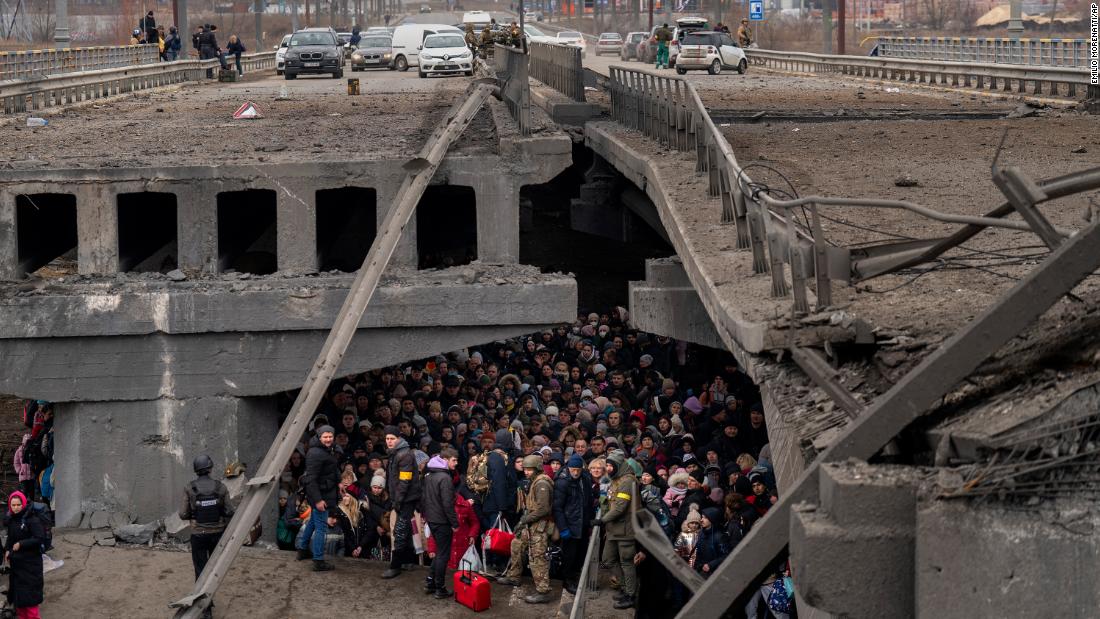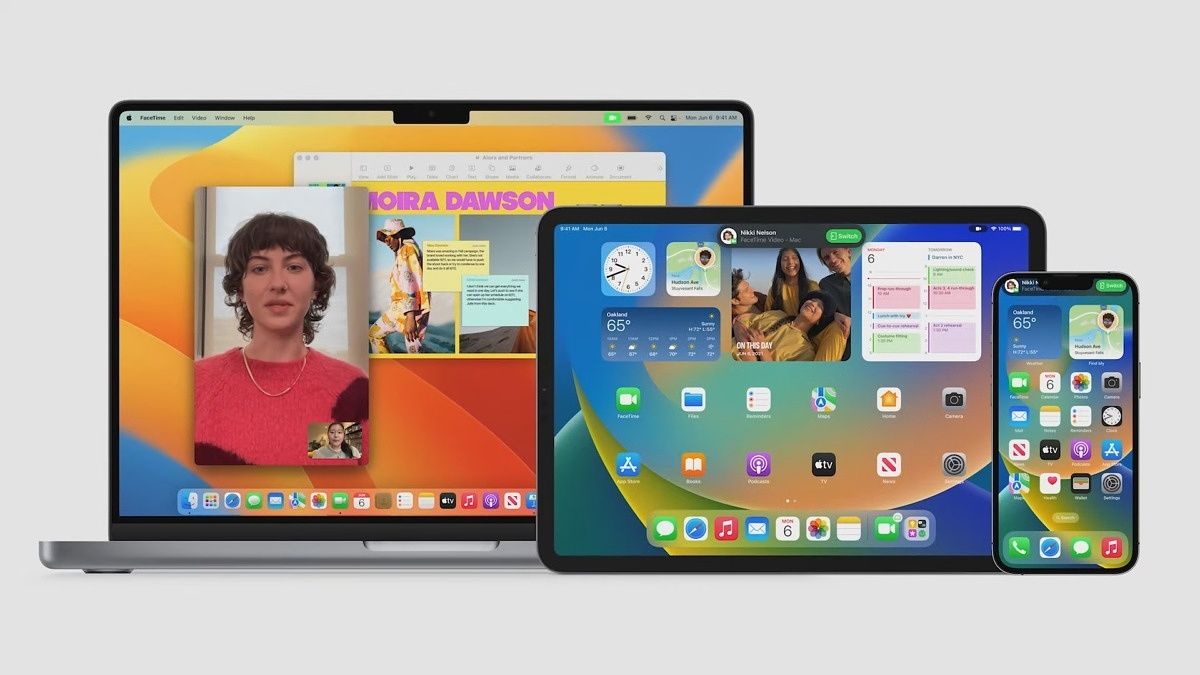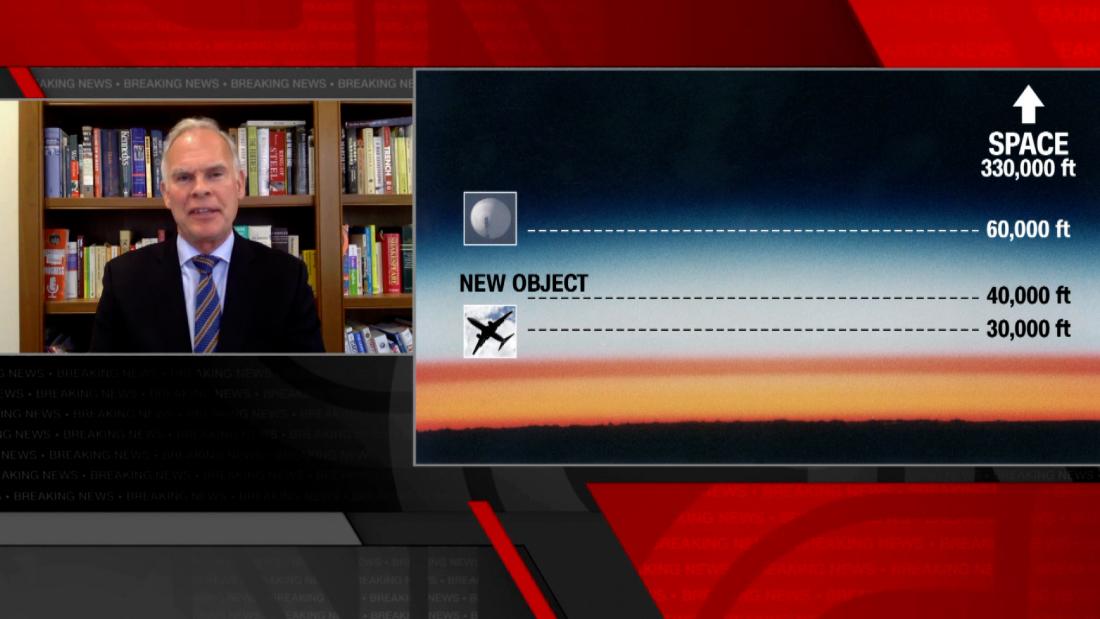Virginia Cellphone Dragnets Violate Constitutional Rights, Say Judges
"Geofence” search warrants---requests to a judge for Google to list all cellphones its data shows were active in an area around a crime scene---have exploded nearly 600 percent in Virginia in recent years, and by 1,200 percent nationwide.

“Geofence” search warrants, requests to a judge for Google to list all cellphones its data shows were active in an area around a crime scene, have exploded nearly 600 percent in Virginia in recent years, and by 1,200 percent nationwide. But while they may help police crack bank robberies and find suspects in killings, they have raised concerns about possible violations of safeguards against unreasonable searches, reports the Washington Post.
In Virginia, U.S. District Judge M. Hannah Lauck found that the use of such warrants in one case “lacked any semblance of … particularized probable cause” and “swept in unrestricted location data for private citizens who had no reason to incur Government scrutiny.” A handful of other federal magistrate judges have turned down applications for geofence warrants, but in the vast majority of cases, they have been approved with few questions until now. Albert Fox Cahn, the executive director of the Surveillance Technology Oversight Project (STOP), said geofence warrants undermine the Fourth Amendment to the Constitution, which requires that authorities have probable cause for a search and that they describe the things that are to be seized, known in legal parlance as “particularity.”

 Landwebs
Landwebs 























